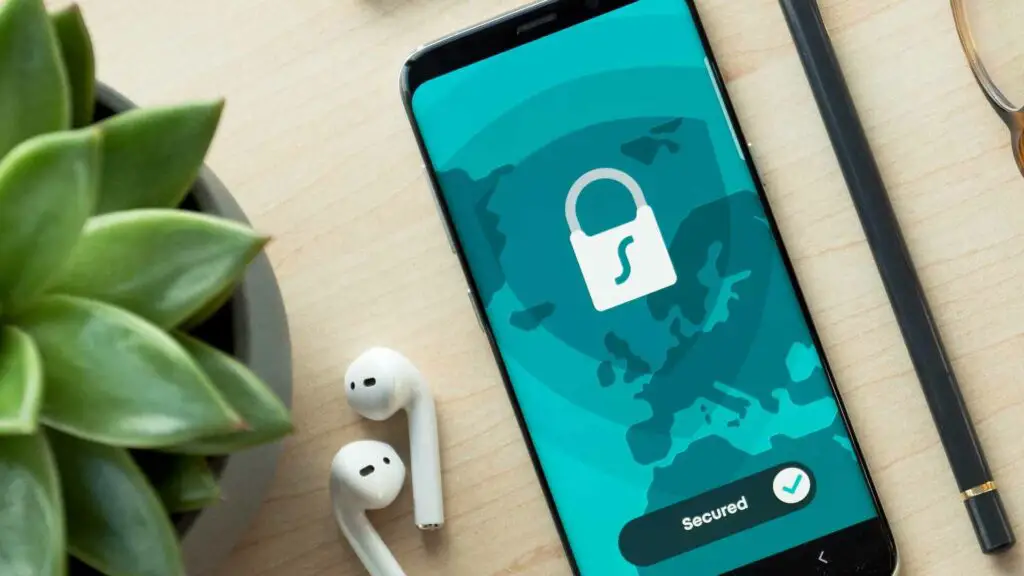Online privacy and security are common issues for many internet users. While security refers to protecting your data, privacy involves preventing others from tracking your movements. It also includes limiting the personal information accessed for surveillance or marketing purposes.
9 Ways to Increase Your Privacy on the Web
Now that you understand what online privacy involves, you should learn how to enhance it. Here are some practical tips.
Review Your Social Privacy Settings
Your social media accounts may contain a lot of details about you. If you don’t restrict privacy, most people can access this information. Check your social media privacy settings to determine the elements you want to share with the public or your friends.
Protect Your Email and Phone Number
Hackers with access to your email can send spam messages and breach your privacy. In other cases, spammers might send numerous robocalls to your phone. While you can’t entirely escape sharing your contact information, you can control the parties accessing it.
Avoid sharing your email and phone number with websites and online stores. However, if this information is crucial for transactions and communication, have separate and disposable alternatives.
Avoid Using Public Storages for Private Information
Online services like Dropbox and Google Docs can provide a reliable data backup solution. However, if you share some folders or send links to others, it’s advisable to avoid storing private information on such apps. This is unless you have an encrypted archive that only you can access.
Use Proxy Servers
Proxy servers provide extra data security and privacy by acting as intermediaries between your device and web servers. They can also mask your IP address with another so that other computers don’t identify you or track your online activities.
Proxy servers have different configurations allowing you to leverage them for numerous uses. Some common types of proxies are:
- Forward proxies
- Public proxies
- Residential proxies
- Shared proxies
- Anonymous proxies
- Transparent proxies
- High anonymity proxies
- Distorting proxies
Using proxies will allow you to browse the web without worrying about privacy. Moreover, you can reduce the risk of cyberattacks.
Be Careful About Internet Sharing
Selling your bandwidth online can help you make extra money. Still, hackers may steal personal information or eavesdrop on your traffic. If you want to earn while protecting your privacy online, use secure and reliable solutions like Pawns.app to sell your internet.
Review Mobile App Permissions
Mobile apps request permissions to access some data, apps, and functions. While some applications cannot work without these permissions, others use the data to profile you for marketing purposes.
Review app permissions to reduce spying and enhance your online privacy. If you suspect a particular app doesn’t need access to specific data, revoke it. You can also replace it with another option that gives you more control.
Protect Your Conversations
Your chats with loved ones and colleagues may contain personal details. Secure this information by using encrypted messaging apps. These will ensure that only you and the recipient can read the conversation.
Here are more tips for securing your chats:
- Install a security app
- Avoid phishing links
- Only use legitimate apps from your phone’s app store
Public Wi-Fi networks don’t encrypt traffic, allowing other parties to spy on your activities. Avoid such networks and switch off your devices’ Wi-Fi to avoid automatic connections. If you must use a public network, avoid transmitting sensitive data and get proxies to encrypt your connection.
Use Secure Search Engines
Many users select specific web browsers due to unique features or familiarity. Before using a search engine, read its reviews and check the online privacy features to ensure the tool is secure.
Private browsing reduces the data footprint linked to your account by not tracking your activities. When looking for a search engine to increase online privacy, prioritize one with this feature.
Disable Lock Screen Notifications
Lock screen notifications are convenient and can improve your battery life. However, they might reveal private information to malicious parties. Disable this feature on your phone and opt for app icon badges at the top of your screen. This way, you won’t miss out on any notifications.
Enhance Your Online Privacy
Your devices can limit online privacy if you don’t take the proper measures. Protect your information using security apps, encrypted messaging, and complex passwords. Moreover, take advantage of additional security solutions, like proxies and private browsers.
